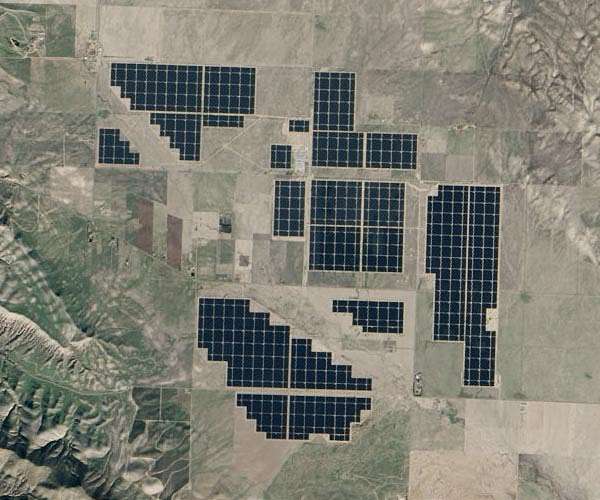A call for cooperation in meteorological research in the field of solar energy
Solar energy has become a leading renewable energy source, known for its efficiency and cost-effectiveness in reducing dependence on fossil fuels. However, optimizing solar energy production poses challenges that extend beyond traditional engineering solutions, giving rise to the emergence of a specialized field known as solar energy meteorology.
This interdisciplinary field focuses on evaluating the long-term availability of solar energy resources to build efficient solar farms, and addressing short-term energy fluctuations caused by weather variations. Solar energy forecasting, a critical component, helps energy providers effectively balance their energy systems by predicting energy production on a daily and even second-by-second basis.
Historically, solar energy issues were tackled separately by atmospheric scientists and solar engineers, each applying their specific expertise. Researchers recognize the need for an integrated approach and are now calling for collaboration between these fields to address the challenges in a comprehensive manner.
The journal Advances in Atmospheric Science recently published a special feature on solar meteorology. This issue contains five invited articles examining advances in satellite remote sensing, solar system modeling, photovoltaic energy forecasting, solar thermal balance analysis, and decarbonization strategies.
“There is a common misconception in the meteorological community that obtaining precise and precise meteorological data will automatically lead to high-quality solar energy estimates,” explains Dazhi Yang, a professor at Harbin Institute of Technology and one of the guest editors of the special edition.
Yang emphasized the need for interdisciplinary collaboration to address the complex scientific and technical problems within solar meteorology. “We emphasize that solar meteorology, as an emerging interdisciplinary field, urgently requires that both the atmospheric science and solar engineering communities put aside disciplinary biases and gain a deeper understanding of the critical scientific and engineering issues in interdisciplinary research,” he said.
Xiang’ao Xia, from the Institute of Atmospheric Physics of the Chinese Academy of Sciences and co-editor of the special topic, emphasized the broader purpose of the publication. “An additional goal of this special topic is to share expert perspectives and present the latest research developments in the field of solar meteorology, providing atmospheric scientists with access to relevant information in developing technologies and methods for solar energy applications” , said Xia.
The editors hope that this initiative will stimulate collaboration and innovation and ultimately contribute to the transition from an energy mix dependent on fossil fuels to an energy mix dominated by renewable energy sources. “Understanding the mechanisms and uncertainties involved in harvesting solar energy, as well as how this energy is delivered to users via the electricity grid, is critical,” Yang and Xia noted in their foreword to the special subject.
Research report:Preface to the special topic on the meteorology of solar energy


